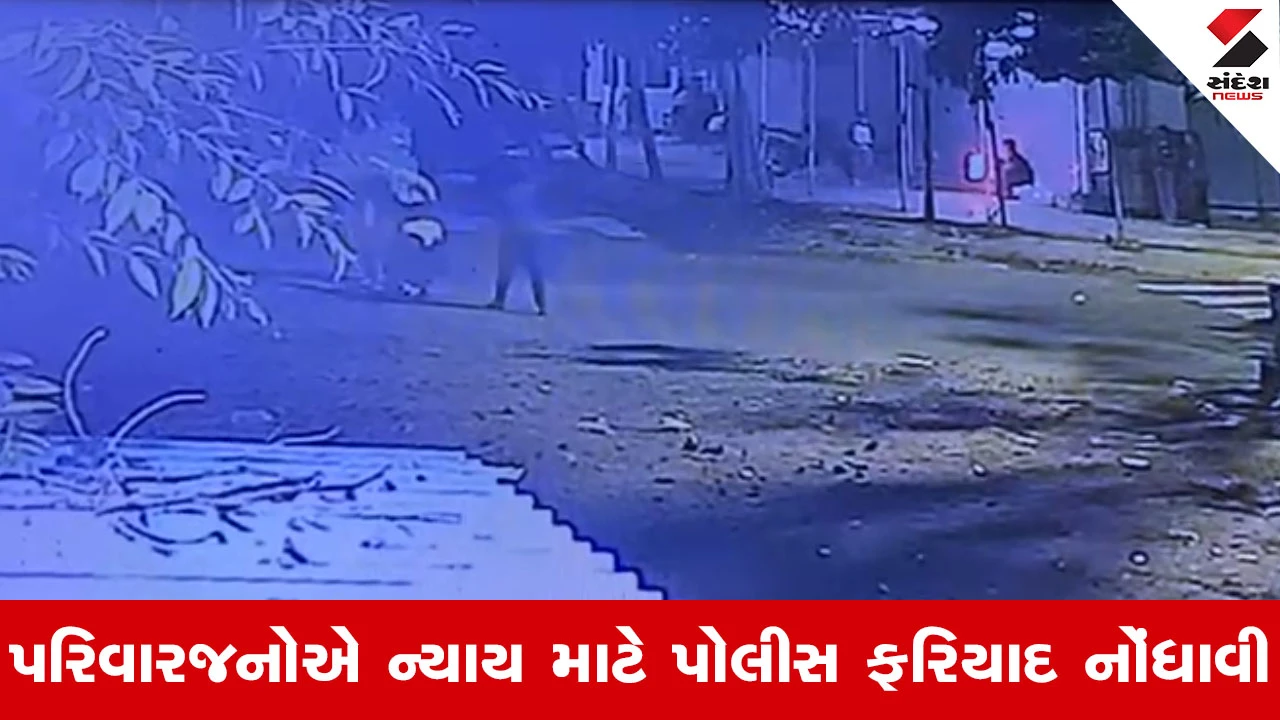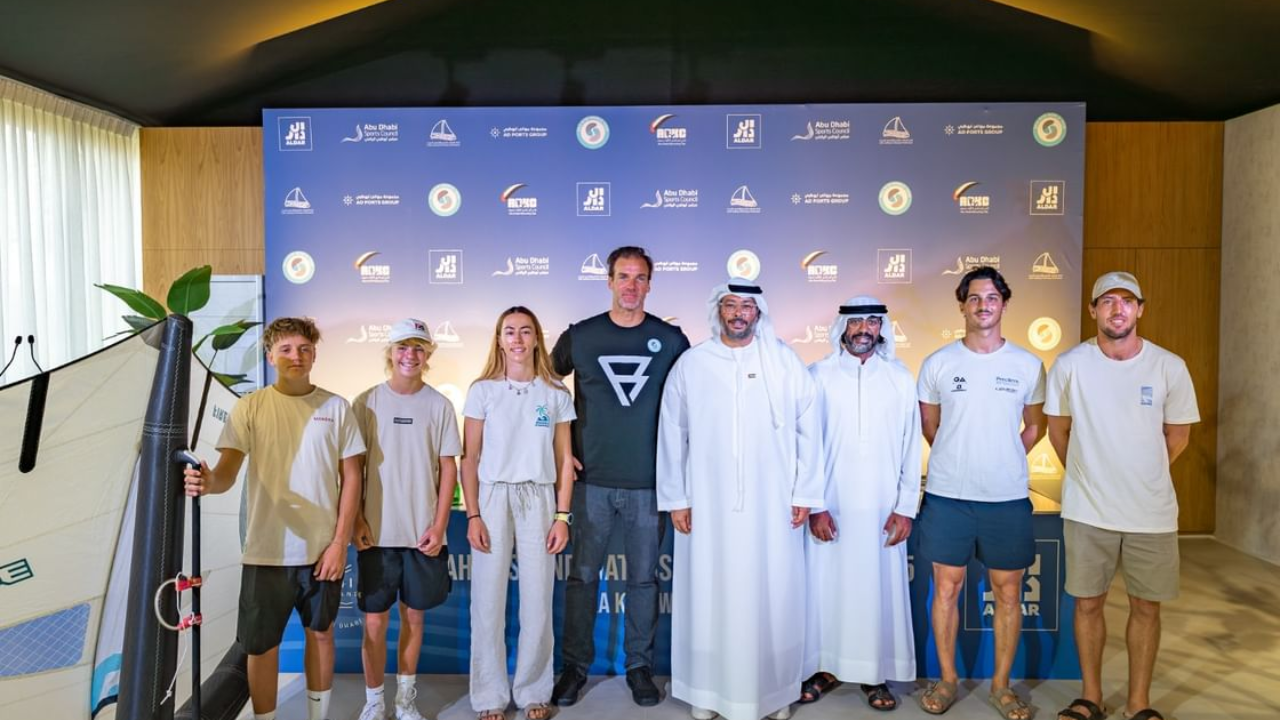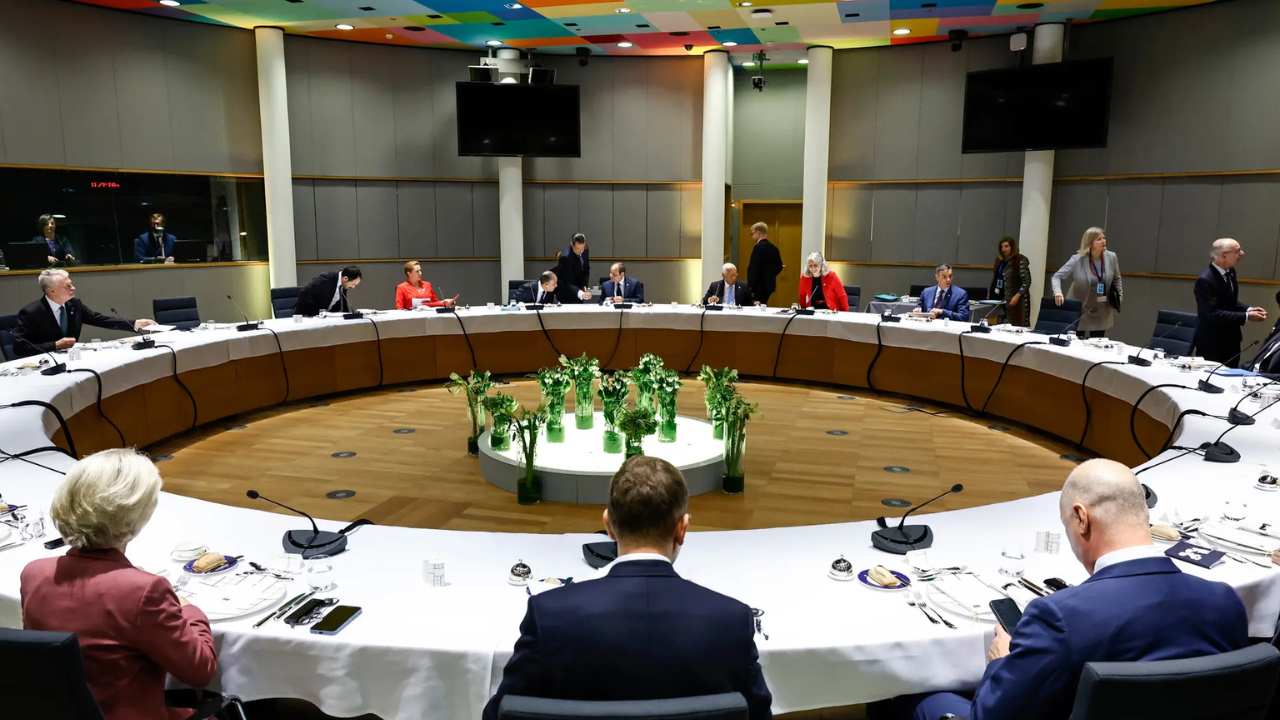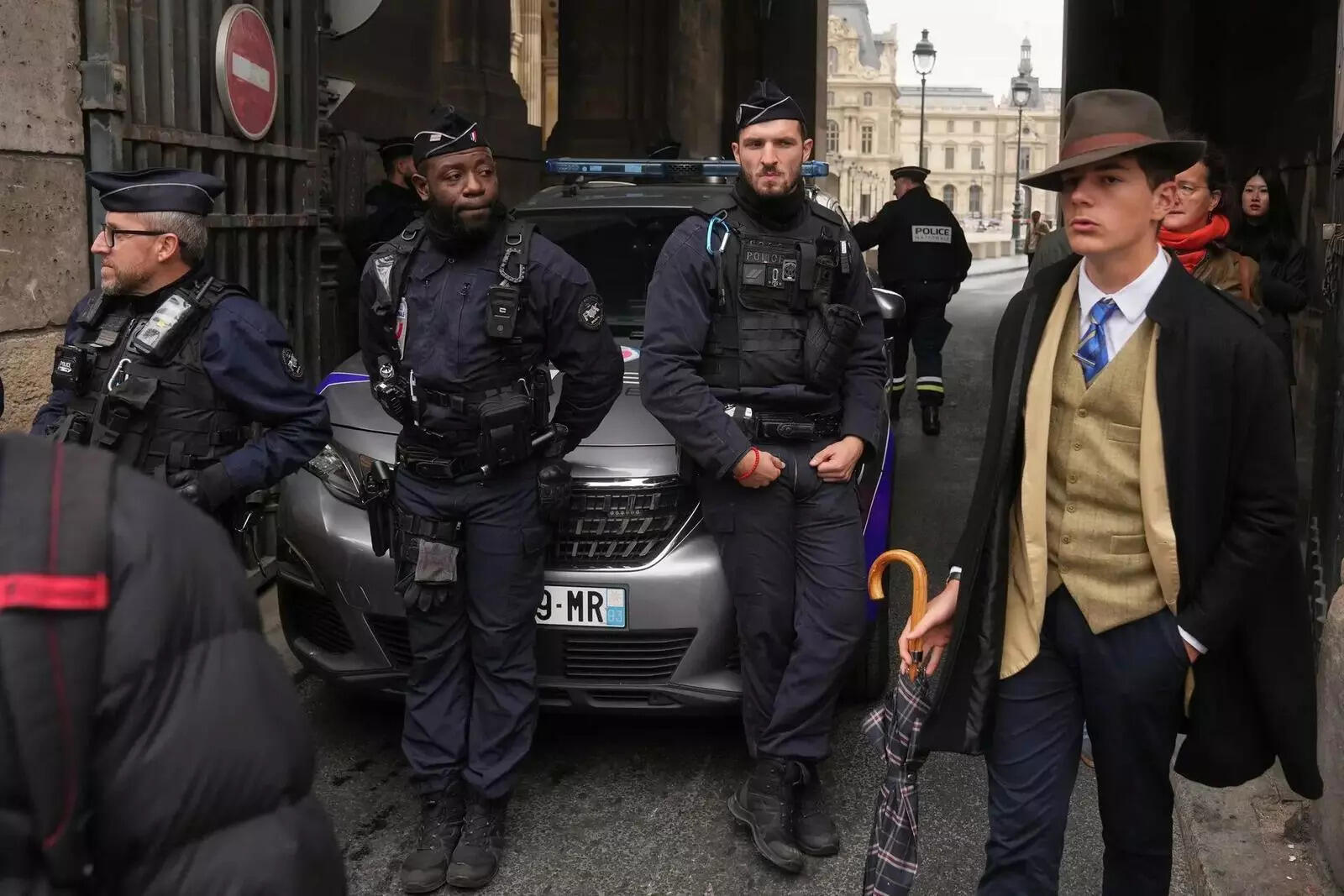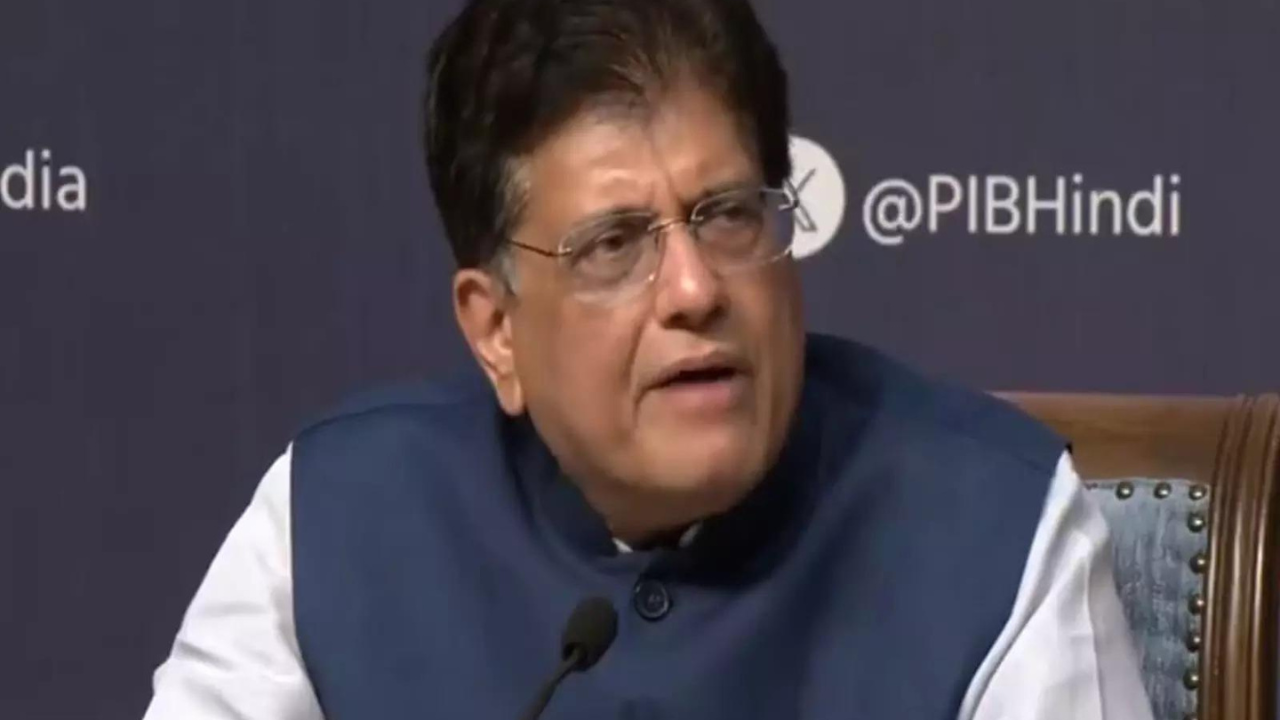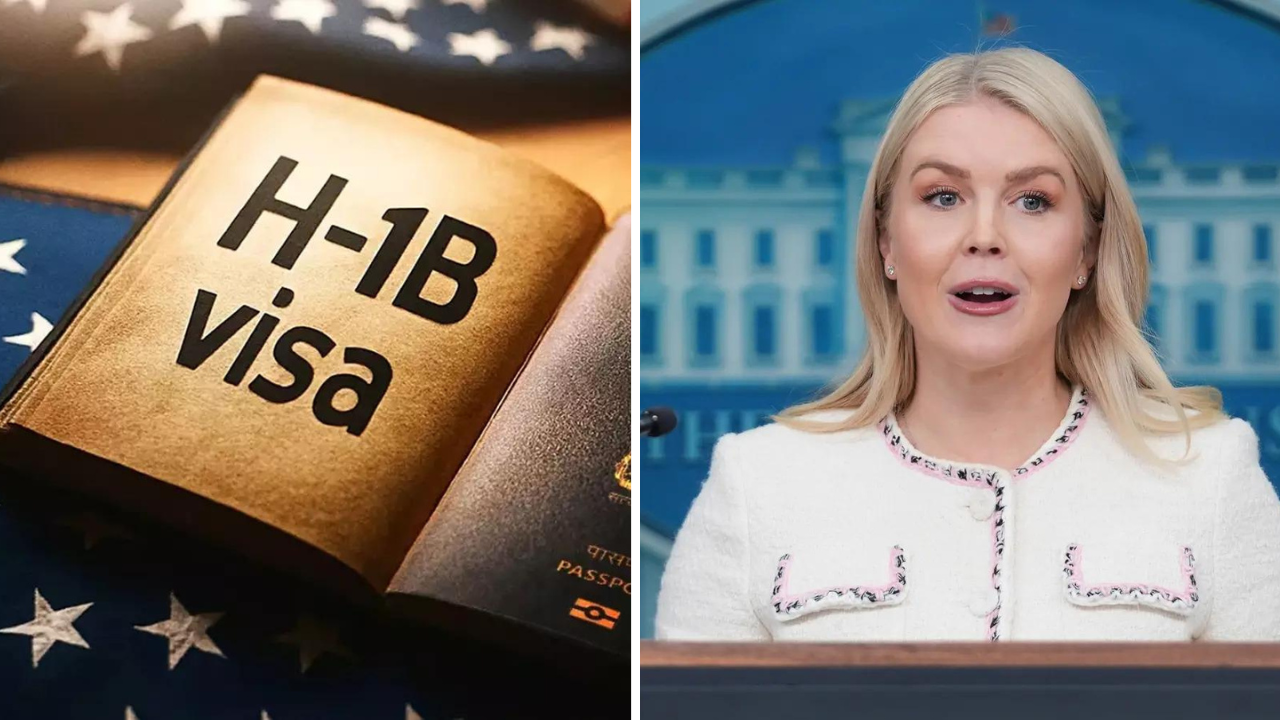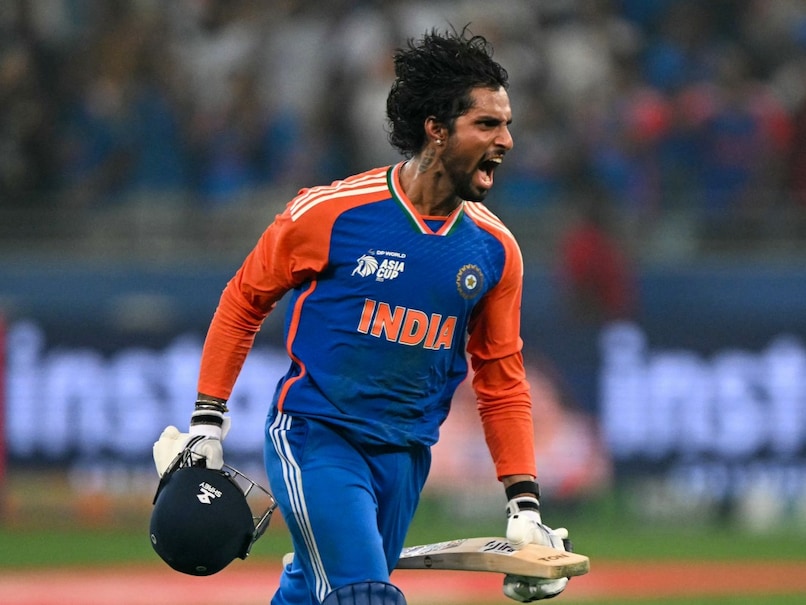Warming climate could make endangered gharial population skew female
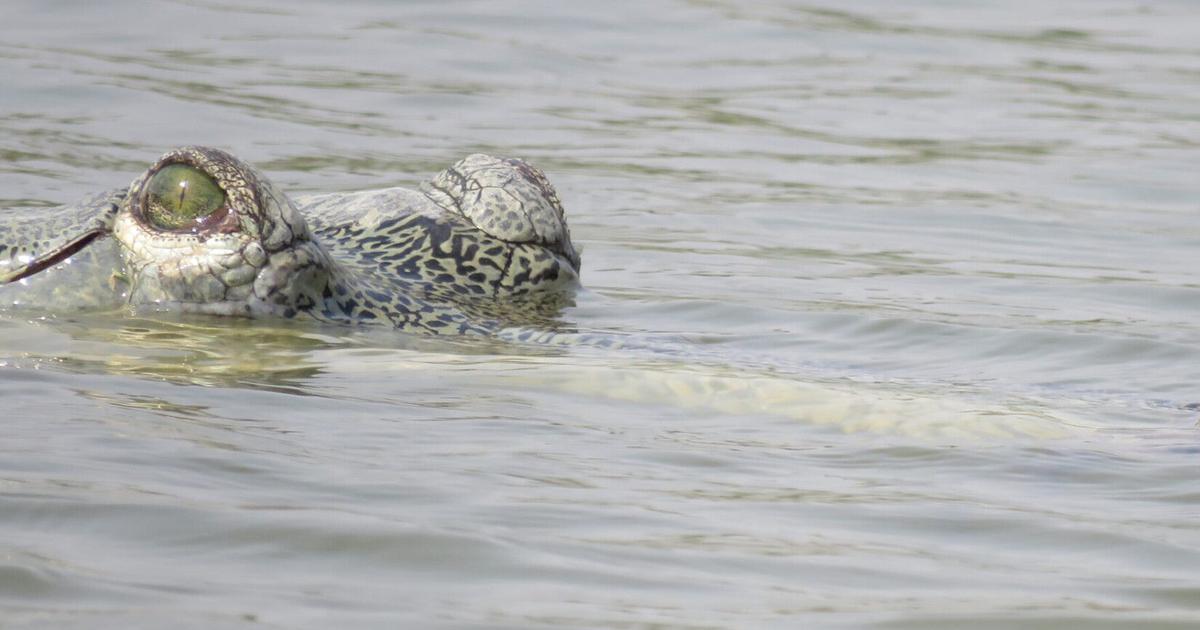
Join our WhatsApp Community to receive travel deals, free stays, and special offers!
- Join Now -
Join our WhatsApp Community to receive travel deals, free stays, and special offers!
- Join Now -

Along the sun-baked banks of the Chambal river, a quiet crisis is unfolding. The gharial, India’s distinctive, critically endangered crocodilian, known for its slender snout and ancient lineage, is facing a new and growing threat: heat.
A new study by researchers from the Wildlife Institute of India, published in Evolutionary Ecology, reveals that rising nest temperatures are skewing the sex ratio of gharial hatchlings, tipping the balance more toward females. This subtle but significant shift could disrupt breeding patterns and eventually push the species closer to extinction.
“Our study was prompted by growing concerns from field observations suggesting a female-biased sex ratio in gharials,” says Surya P Sharma, lead author and Project Scientist-I with the National Mission for Clean Ganga Project at the Wildlife Institute of India, Dehradun.
“Since crocodilians, including gharials, have temperature-dependent sex determination, we suspected that rising ambient and nest temperatures, likely driven by climate change and habitat alterations, might be altering hatchling sex ratios and shifting population dynamics.”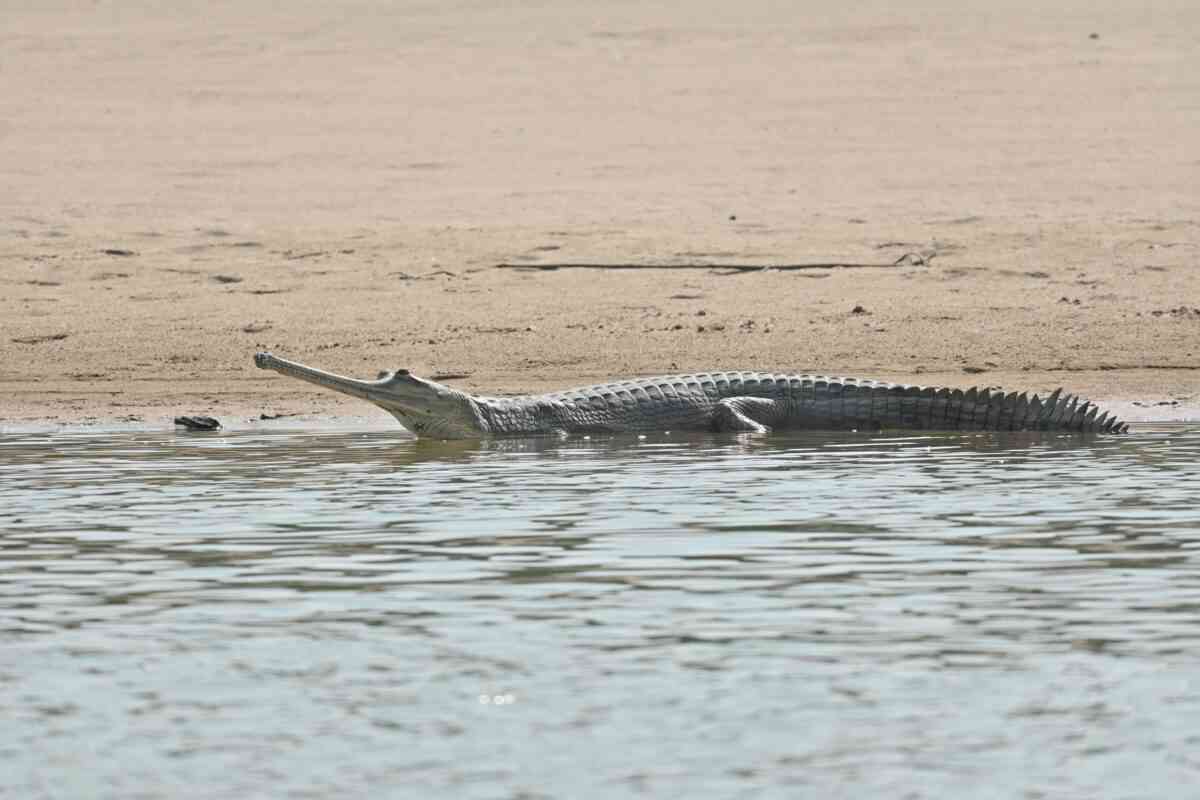
What the study found
Between 2017 and 2019, the researchers monitored 17 gharial nests over three breeding seasons at Baroli and Nadigaon, which are key nesting sites in the National Chambal Sanctuary in Madhya Pradesh.
These sites are part of a long-running conservation initiative, where eggs are collected annually to support the “grow and release” programme, under...
Read more
What's Your Reaction?
 Like
0
Like
0
 Dislike
0
Dislike
0
 Love
0
Love
0
 Funny
0
Funny
0
 Angry
0
Angry
0
 Sad
0
Sad
0
 Wow
0
Wow
0



